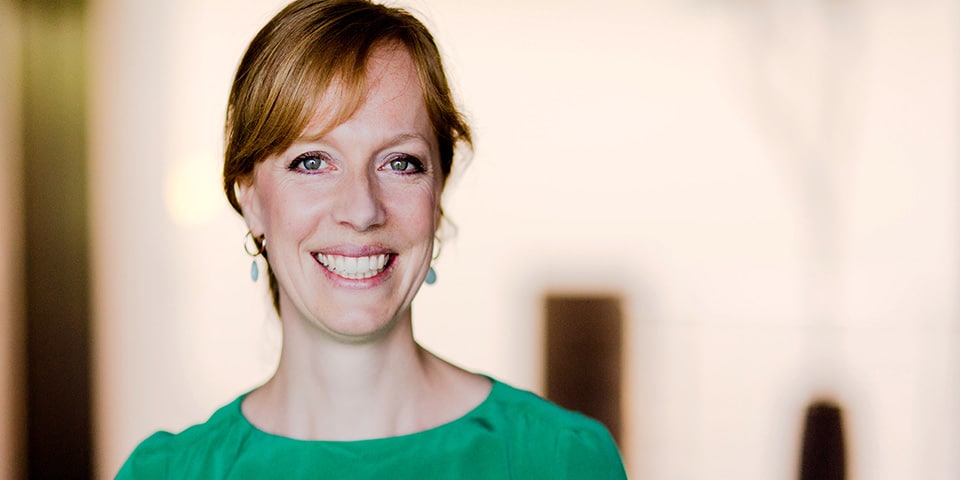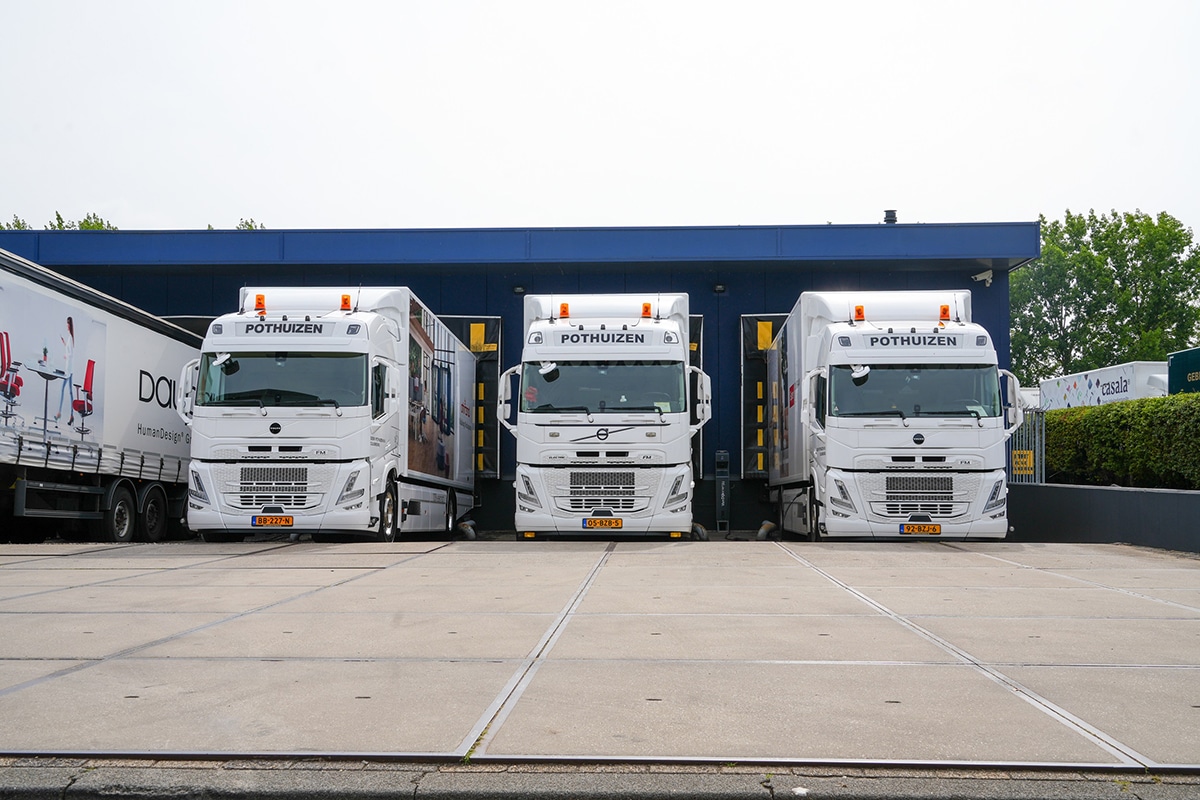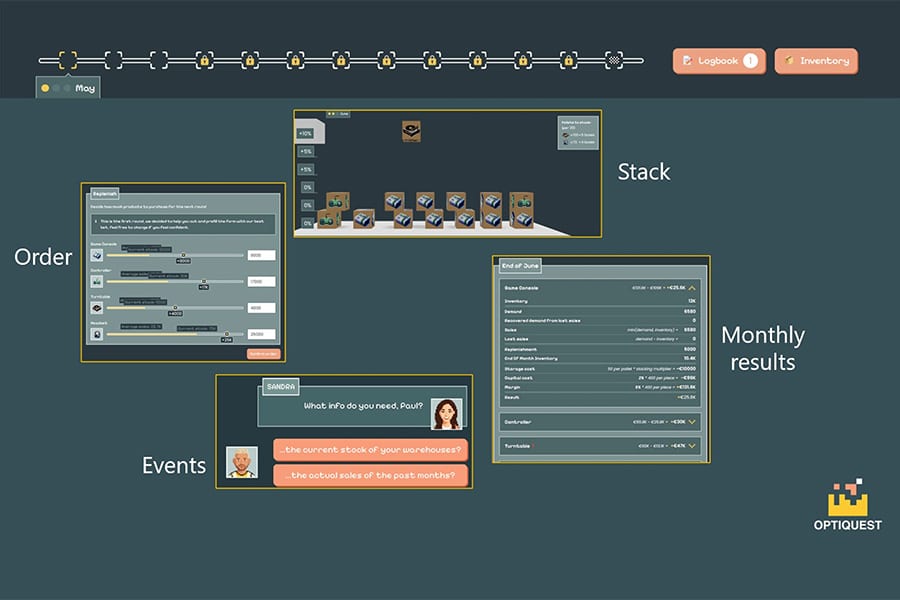
Poor communication is the common denominator in disputes
Arguing in the infrastructure sector, meeting in the construction shack just short of having the knife on the table. To the average employee in the infra sector it may be unimaginable, but to managers and directors it is a familiar phenomenon. Fortunately, there are companies like Construct Lawyers, which can act as mediators, or if the lawsuit is made, defend clients tooth and nail in litigation.
In this time's Top Women series, a conversation with attorney Lenneke Muller, co-founder of Construct Advocaten, specializing in construction law. Together with partners Robert Jan Kwaak and Edwin van Dijk, she started the law firm in 2018 that has since helped many clients put out a business fire, or provide legal assistance in litigation.
Increased demand for legal assistance in the industry
Muller is a financial law graduate and has held the title of attorney since 2004. "During my studies, I did an internship in banking and insurance. Soon I missed something concrete, something tangible in that world," Muller opens the conversation. "I was looking for something more fun and ended up with construction law. A very diverse field of law and very motivating, because you are working on something visible and tangible."
Muller notes that legal work in the industry is increasing. "The construction industry is complex and that generates disputes because all the chains together are asking for trouble. Poor communication is a major common denominator here. We distinguish three types of disputes in the sector. Disputes about time, quality and money. People do not understand each other, have wrong expectations and point at each other when it comes to responsibilities. I assist the client and do so in a feminine way, with a gentle hand I can build a bridge between the warring parties. I combine being empathetic with a sharp focus on results and content."
Restore, create or establish connection
"First, the connection between the parties must be restored, or in some cases even made for the first time. That requires good communication with the client, the other party and the judges or arbitrators. There too I have an advantage as a woman, we simply make connections more easily," Muller explains. "As a woman in construction you still stand out and that sometimes opens doors more easily. So being a woman in construction definitely has advantages."
Technology is always the basis of the dispute
We ask Muller if, in addition to advantages, she also faces obstacles to working in construction as a woman. "I used to, but with 15 years of experience, I have the upper hand by now. I am confident about the work I do. Engineering I leave to others, my expertise I have in law. But ... just enlighten me on technical matters, no matter how complex. I do make sure I understand it and convey it in understandable language to a judge or arbitrator. Engineering is almost always the basis of a construction dispute after all."
Lawyer, wife and mother
Muller also knows the "struggle" of combining work and personal life. "The combination is challenging at times, but I have found a good balance in that over the course of my career, and having a good backstop for my children helps. What also helps me is that I get a lot of support from those around me who don't think the work-life combination is an issue. The fact that I have a balanced approach to business and family also garners respect from relationships, I notice. For example, if my children's school calls during a meeting, I answer the phone. In my experience, this never leads to misunderstanding. You have to create that environment for yourself and not, as I see many women do, create a whole circus around it. No one determines for you that you can't prioritize your family."
Finally, we ask what her advice is to other women. "When at your work there is no room for creating balance, you have to move. By consulting, or by leaving. And always stay yourself and, above all, do what you love. In any case, this helps me tremendously in combining work and private life in a pleasant way."




